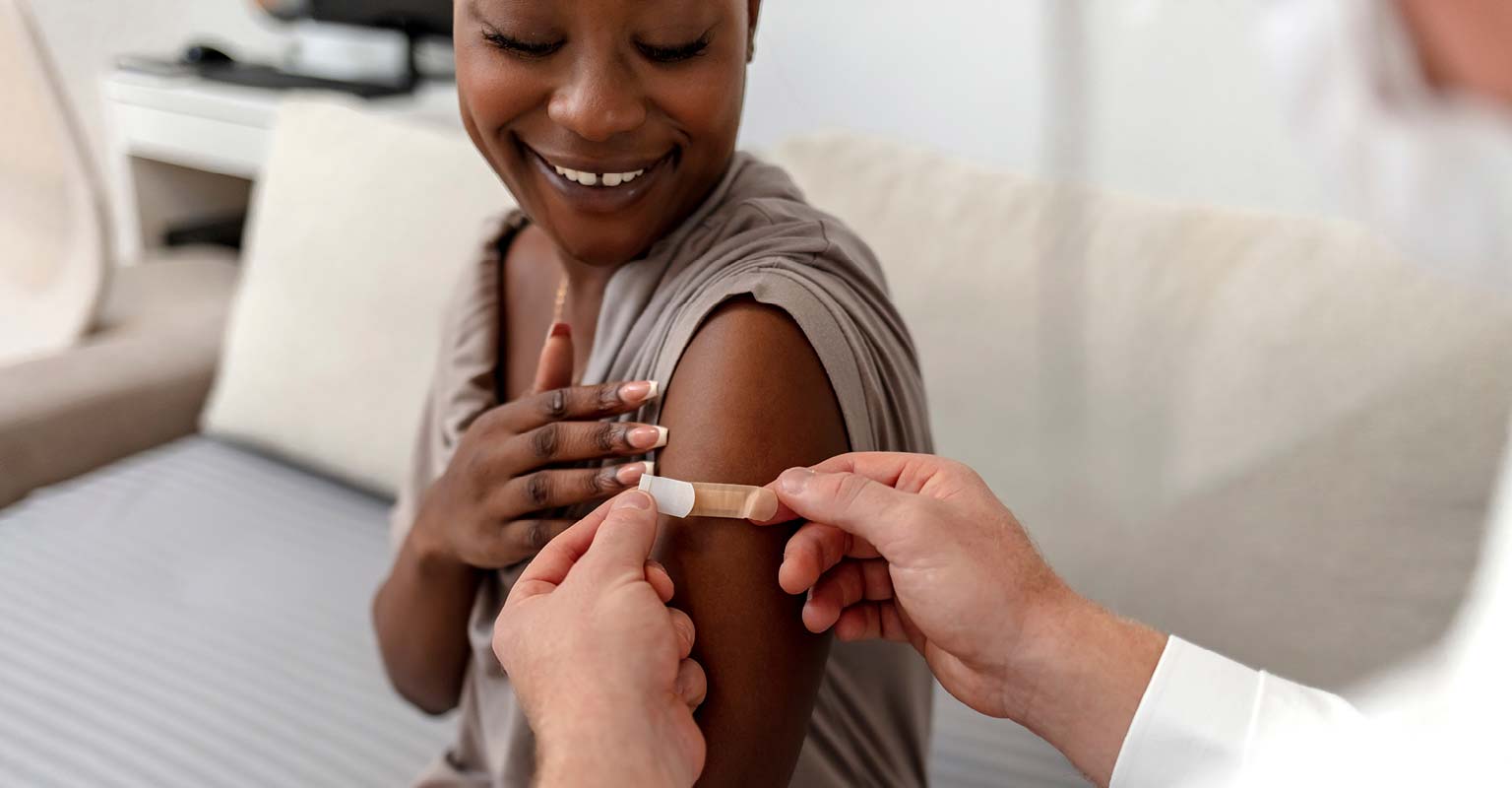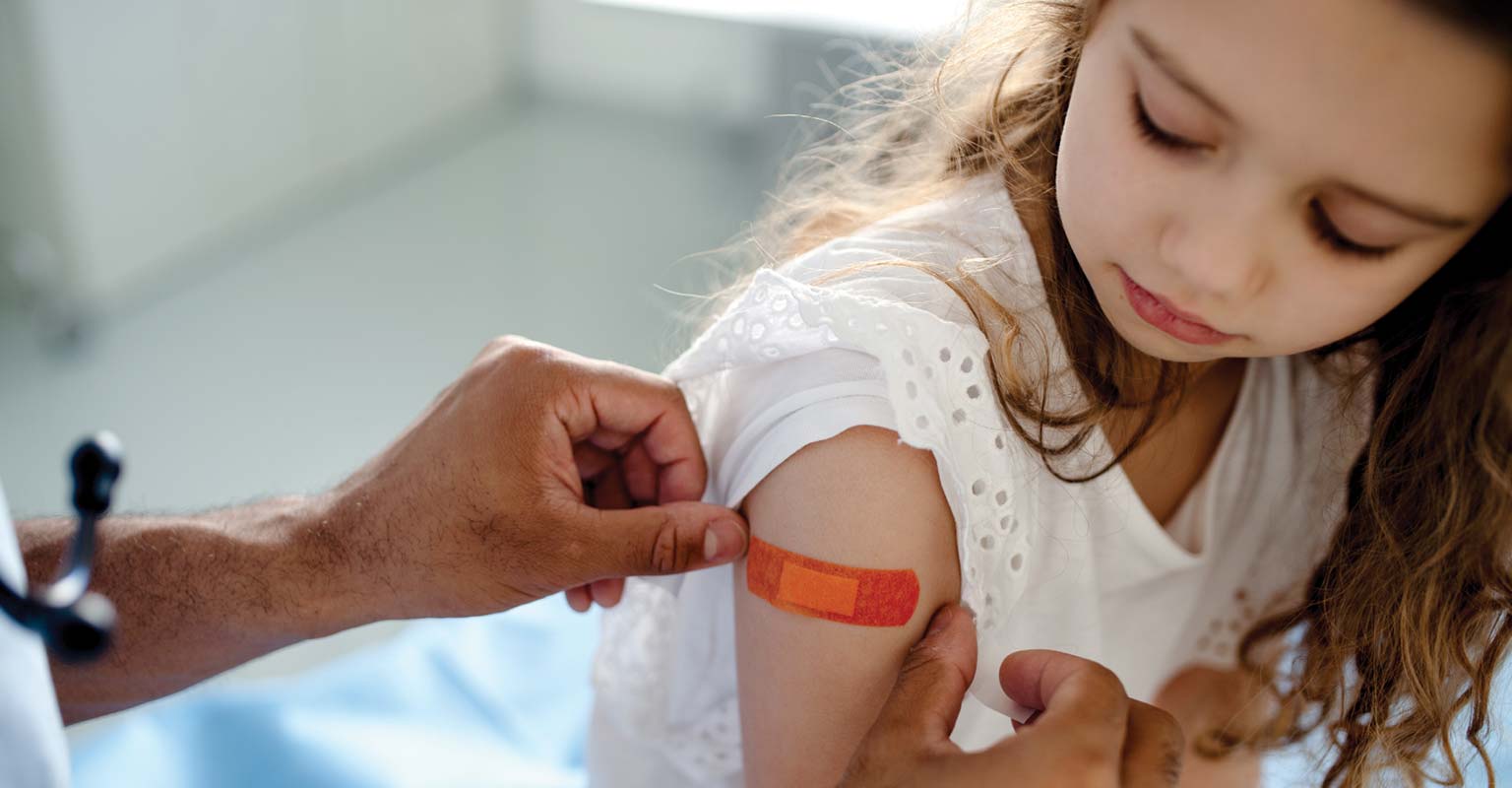US Family Health Plan eNews | ISSUE 1 | 2024
Posted 03/15/24
For more of eNews Member Newsletter
IN THIS EDITION:
Managing Your Blood Pressure
Avoid the Risks of this “Silent Killer”
Did you know that almost half of all adults in the US have uncontrolled high blood pressure (greater than or equal to 140/90)? High blood pressure is also called hypertension. It is often called a silent killer because most people with this condition feel no symptoms from the high blood pressure, itself, but can be at very high risk for heart disease and stroke. The high rate of hypertension combined with the fact that heart disease is the number one cause of death for adults in the US points to the importance of keeping your blood pressure under control. If your blood pressure is currently high, we encourage you to contact your provider for guidance in taking steps to bring it under control. Check out our new Heart and Vascular Health webpage to learn more about high blood pressure risk factors and management. This helpful resource also lists other health conditions that people with high blood pressure are at increased risk of developing.
Higher Blood Pressure Readings at Your Doctor’s Office?
It’s common for blood pressure readings to be higher at your doctor’s office than when you take your blood pressure at home. If this occurs, ask your provider to recheck your blood pressure at the end of your visit or call your home blood pressure reading into your provider’s office on a later date.

Feeling Lonely?
Know You’re Not Alone
Loneliness and Your Health
Loneliness and isolation are far more common than you might realize with half of all American adults reporting that they are experiencing loneliness. Last year, the US Surgeon General, Dr. Vivek Murthy, took to the airways to talk about this loneliness epidemic that has far-reaching effects on our mental and physical health. In his words, “Social connection is as fundamental to our health and well-being as food, water, and sleep. Being socially disconnected can range from feeling alone to being isolated, and it presents profound threats to our health and well-being.”
Research shows that people who feel lonely and isolated have a greater risk of heart disease, dementia, stroke, depression, and anxiety. The bad health effects of long-term loneliness have even been shown to be comparable to smoking daily.
If you or someone you care about is feeling lonely and isolated, there are steps to take to help develop connections with others, ease these difficult feelings, and reduce health risks. Visit the Loneliness and Your Health section of our Mental Health webpage to learn more about loneliness, its effects on mental and physical health, and get ideas on small but powerful things you can do to start making connections today! You are NOT alone.
As part of our ongoing commitment to community well-being, we’re happy to announce our new Community Health Worker team! The goal of this team is to empower our health plan members to take control of their health by helping them get access to the important health care they deserve.
Take Good Care of Your Heart Health
Information Is Just a Click Away!
Heart and vascular (blood vessel) diseases are the leading cause of disability and death for adults in the US. Learn about these diseases and steps you can take to protect your best health on our Heart and Vascular Health webpage.
Staying on Top of Your Preventive Care
Making sure you get recommended preventive care is one of the most important steps you can take to protect your health. For your convenience, we’ve created handy checklists you can download (links below) to help you stay on schedule for the important screenings and vaccines recommended to keep yourself and/or your child healthy. You can also keep track of your medications to make sure you are reviewing them with your providers and taking them as directed. If you have any questions about your care or your medications, please contact your PCP.
Adult Preventive Care Checklist & Medication Tracker (PDF)
Child Preventive Care Checklist (PDF)

Your Voice Matters!
Please Complete Our Survey
Every year all health plans are required to seek feedback from a sample of their members using the Consumer Assessment of Healthcare Providers and Systems (CAHPS®) survey. The survey focuses on members’ experiences in receiving health care. It includes questions about ease of getting needed care and filling prescriptions, how well care is coordinated among providers, and rating of health care quality.
This survey is administered through a third party who sends it to a random sample of health plan members, collects completed surveys, and provides us with anonymous results. The feedback we receive from these surveys helps us improve quality. The results are also used to determine our Health Plan Ratings score which helps members compare the quality of available plans.
You may receive one of these surveys in the mail. We hope you can take a few moments to complete the survey if you receive it—your voice matters!
Get Quick Medical Advice Anytime—Day or Night!
Call the 24-Hour Nurse Line: 1-800-574-8494, Option 2
Whether you need ongoing support for health management or immediate advice after hours, our 24-Hour Nurse Line is here to help. Our registered nurses provide valuable insights and guidance, ensuring you make informed decisions about your care.



